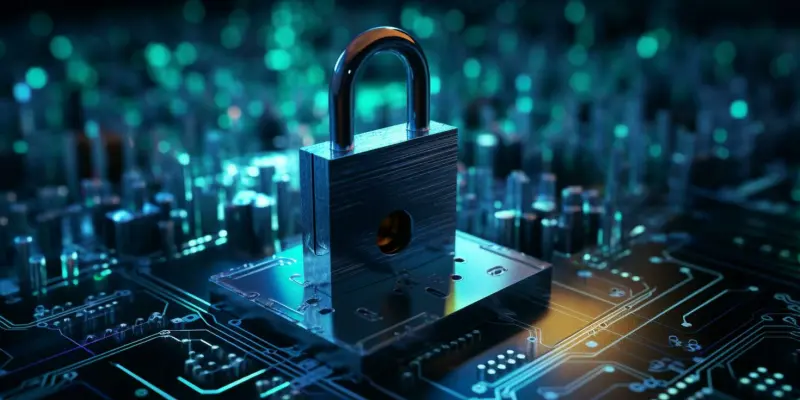In the rapidly evolving landscape of industrial cyber threats, the urgency to address vulnerabilities in Industrial Control Systems (ICS) cannot be overstated. As industrial systems play a pivotal role in critical infrastructure and economic stability, their security has become paramount. The increasing frequency and sophistication of cyberattacks targeting these systems demand immediate and effective responses to mitigate risks. This article delves into the pressing need for proactive measures to safeguard these vital systems from potential cyber threats, exploring the significance of cybersecurity in maintaining the integrity, availability, and confidentiality of industrial operations.
Rising Threats to Industrial Control Systems
Industrial Control Systems (ICS) are integral to the functionality of critical infrastructure, including utilities, manufacturing, and transportation sectors. The interconnected nature of these systems makes them attractive targets for malicious actors seeking to disrupt operations or inflict physical damage. Cyberattacks on ICS can lead to devastating consequences, such as the disruption of essential services, theft of sensitive information, or even endangering public safety. Given the potential impact, there is a consensus among cybersecurity experts on the necessity of fortifying these systems against emerging threats. A noteworthy concern is the exploitation of vulnerabilities within ICS software and hardware components. These weaknesses can be leveraged by attackers to gain unauthorized access, manipulate system functions, or infiltrate networks. The imperative to address these vulnerabilities through regular updates and patches is clear. Failing to do so leaves industrial environments exposed to persistent threats, which can have long-lasting repercussions. Therefore, continuous monitoring and swift response to identified weaknesses are crucial steps in maintaining robust cybersecurity defenses.
Collaborative Efforts for Enhanced Security
Addressing the complexities of industrial cybersecurity requires collaboration between industry stakeholders, including private companies, government agencies, and cybersecurity professionals. These entities must work together to develop and implement comprehensive security protocols that adapt to the evolving threat landscape. Such collaboration ensures a coordinated response to incidents and the sharing of vital information about potential risks and mitigation strategies. Proactive measures, such as conducting regular security assessments, employing advanced threat detection technologies, and fostering a culture of cybersecurity awareness, are vital components of the defense strategy. Additionally, investing in the training and development of personnel responsible for maintaining and securing ICS can significantly bolster the resilience of these systems. By staying informed about the latest threats and adopting best practices, stakeholders can better anticipate and counteract potential cyberattacks. The establishment of industry standards and regulatory frameworks further enhances cybersecurity efforts. These guidelines help create a unified approach to securing industrial systems, ensuring that all entities adhere to defined protocols and procedures. Compliance with these standards not only protects individual organizations but also strengthens the overall security posture of critical infrastructure on a national scale.
Conclusion: A Call to Action
In today’s swiftly changing landscape of industrial cyber threats, addressing vulnerabilities in Industrial Control Systems (ICS) is of paramount importance. These systems are crucial for critical infrastructure and economic stability, making their security essential. With the rising frequency and complexity of cyberattacks targeting these systems, immediate and effective responses are necessary to mitigate risks. This article explores the urgent need for proactive measures to protect these vital systems from potential cyber threats, highlighting the importance of cybersecurity in ensuring the integrity, availability, and confidentiality of industrial operations. ICS are the backbone of various industries, including energy, manufacturing, and transportation, making their protection a national priority. Without adequate security, the consequences can be devastating, potentially leading to massive economic disruption and threats to public safety. We must implement robust cybersecurity strategies, including regular system updates, employee training, and advanced threat detection, to fortify these systems against adversaries.

